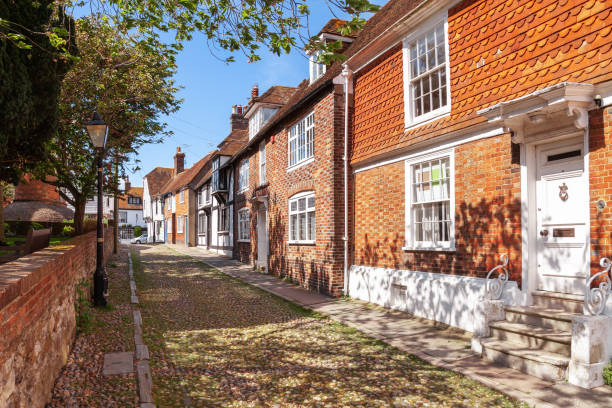People looking to buy houses in Loughborough will be joined by others across the country in wondering what the implications are for mortgages after the Bank of England opted to raise the base rate yet again.
Minutes of the May 11th meeting of the Bank’s Monetary Policy Committee revealed that members had voted 7-2 in favour of a 0.25 per cent increase. The two dissenters advocated maintaining the figure at 4.25 per cent.
The minutes went on to note that the inflation rate has been higher than expected this spring and while it should drop markedly from April as last year’s energy price shock drops out of the 12-month equation, other factors may keep inflation way above the 2 per cent target rate and prompt more increases.
All this raises questions for homebuyers seeking a mortgage. Options include a fixed-rate deal that will protect against further rate rises, or a tracker rate mortgage that will benefit from any cuts if the rate is reduced once inflation is under control. It makes sense to discuss these matters with the experts to help decide the right kind of deal for you.
Buyers seeking bargains might have noted that predictions of a major house price slump this year have proven unfounded, partly because the economy is no longer predicted to slide into recession. Moreover, the Midlands has been outperforming many other parts of the UK for house prices.
The latest Halifax House Price Index showed that in the year to April, the typical UK home rose in price by only 0.1 per cent. However, the four southernmost regions – the east, south-east, London and the south-west – saw prices fall while others recorded an increase.
While it was the West Midlands that saw the biggest rise at 3.1 per cent on average, buyers in the East Midlands will also see higher prices than a year ago.
All this will have implications for affordability and the kind of mortgage and house you may go for, which is why it is so important to get the experts to guide you along the way.






